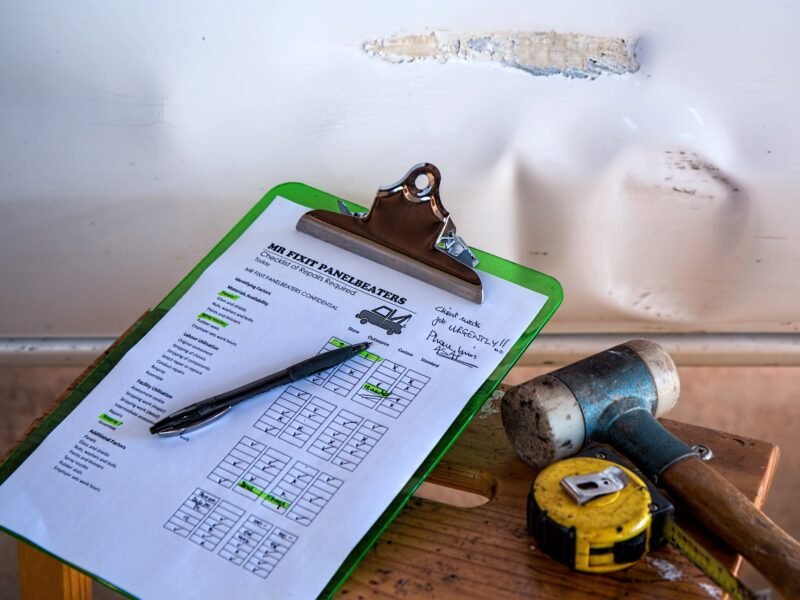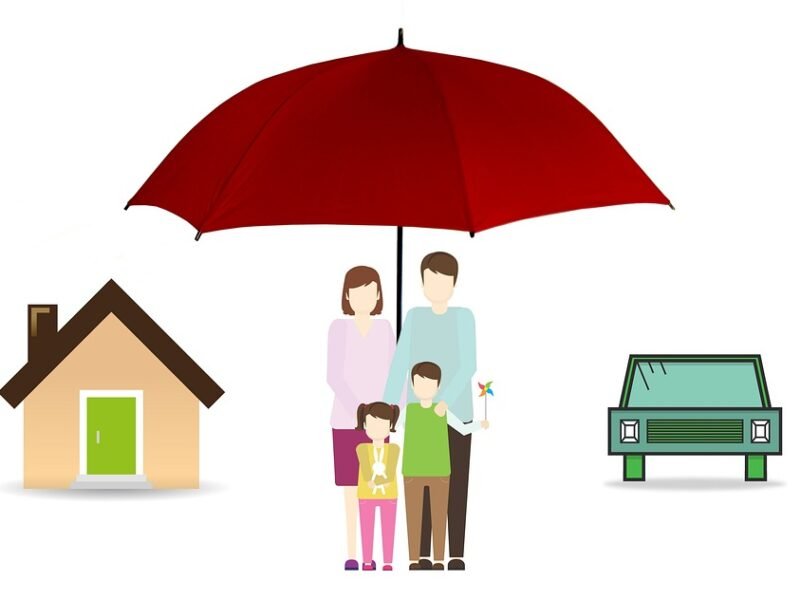Protecting Your Stuff and Your Peace of Mind
Renters insurance is insurance that tenants of rental property, be it an apartment, house, or condominium, purchase. While most landlords have insurance on a building itself, this does not extend to cover a tenant’s personal belongings or liability. Renters insurance fills in this coverage hole, providing financial protection for your possessions, liability, and additional living expenses from all sorts of unexpected events. At the same time, this rather inexpensive yet significant form of insurance is commonly overlooked by renters. This article will explain what renters insurance is, what it covers, why it is important, and how to choose the right policy.
What Is Included in Renters Insurance?
General types of coverage provided by the renters insurance include personal property, liability, and additional living expenses. Each one of these components helps protect the renter in one or another way from financial loss.
1. Personal Property Coverage
The most famous part of renters’ insurance is personal property coverage. It covers your personal properties, such as furniture, electronics, clothes, and appliances, against theft, fire, vandalism, and even natural disasters. Suppose, for example, that there was a fire in your apartment that burned some of your furniture. This insurance could replace them.
Note that renters insurance typically covers only specific “perils” named in the policy, such as fire, windstorms, and theft. It usually doesn’t cover flood or earthquake damage unless you add that coverage. And if you have high-value items-such as jewelry or art-those might be subject to coverage limits, and you may want to add a rider or endorsement to fully protect them.
2. Liability Coverage
Liability coverage would come in play when someone has an injury within your rental unit, or even in a scenario when you are accused of accidentally damaging someone else’s property. An example here would be a guest slipping and falling in your apartment and threatening to sue for medical expenses: renter’s insurance will kick in to assist in legal and court costs with this settlement. Suppose you happen to start a fire that results in damage to the neighboring units; liability covers this cost by helping to pay for repairs.
This is one of those irreplaceable features of renters’ insurance, as it saves you from a possibly catastrophic financial situation.
3. Additional Living Expenses (ALE)
If your rental unit becomes uninhabitable due to a covered event, such as a fire or severe storm, renters insurance can help cover the cost of temporary housing, meals, and other living expenses. This will keep you from being stranded or out of pocket while your home is being repaired.
Why is Renters insurance important?
Another great fallacy taken for granted in renting is that one’s stuff would get covered under the landlord’s insurance; quite on the contrary, it only covers the actual building, physical structure, and not the belongings owned by an occupant. If theft, fire, or other disasters occur, you would be facing the full cost of replacing your things without renters’ insurance. This would be a huge financial strain for most people.
Renters insurance is just as important when it comes to liability protection. Accidents can happen at any time, and without liability coverage, you could be held personally liable for expensive medical bills or property damage. Renters’ insurance offers peace of mind, knowing that you are protected against such risks.
Besides, renters’ insurance is supremely affordable, with the average renter’s insurance policy running around $15 to $20 a month if estimates for the United States are anything to go by-a fair price for many renters. Against the possibility of out-of-pocket expenses without insurance, that would be almost a drop in the bucket when trying to contemplate the financial protection option.
How to Choose the Right Renters Insurance Policy
What he actually needs, and the prevalent circumstances an individual faces determine their best choice in a renter’s insurance policy. Among important factors of note to consider, are:
1. Determine your stuff’s Value
Before you buy, make a list of all your personal possessions and their monetary value. This is how you would determine the extent of personal property coverage you would need. Be sure to include high-value items such as electronic gadgets, jewels, and pieces of furniture. If you own very expensive items that exceed the policy limits, consider adding a rider or endorsement for additional coverage.
2. Understand the Types of Coverage
Most renters’ insurance comes in two types of personal property coverage: Actual Cash Value and Replacement Cost Value. While ACV reimburses the present depreciated value of your personal possessions, RCV pays out to replace items with new similar products of equal type and quality. Generally, RCV is more expensive but does an adequate job.
3. Consider Liability Limits
These vary for each policy, and you need to determine how much of a limit will give you protection for your assets. Larger savings or prized possessions may want to consider increasing liability limits or even another type of protection called an umbrella policy.
4. Check for Discounts
Many insurance companies will give discounts to those who can bundle renters insurance with other policies, such as auto insurance. You may also get discounts if you have safety features in your rental unit, such as smoke detectors or a security system. Ensure you enquire from your insurance provider about any discount that is available.
5. Review the Policy Exclusions
Most renters’ insurance doesn’t cover damage from certain causes, such as floods and earthquakes. For areas prone to those occurrences, you will need to seek other coverage. Make sure you read through what the policy doesn’t cover to ensure that if the unexpected happens, such as breaks, you are covered.
6. Compare Quotes
One can shop around with several insurance companies to get it at affordable coverage. Check the customer services reviews and their financial stability of the insurance provider.
Common Myths About Renters Insurance
Despite all these advantages, there have been several misunderstandings about this insurance that leads people to ignore purchasing it. Here are some of the widely spread myths regarding renters’ insurance.
1. “The Properties I Have Are Not Many to Deserve Renters Insurance.”
Many renters believe that their possessions are not valuable enough to warrant coverage. Although it may take very little to replace a particular valuable possession, the overall cost of replacing basic essentials such as clothes, furniture, and electrical equipment can quickly add up. Renters insurance covers you against loss so that you won’t face a financial burden if something happens.
2. “My Landlord’s Insurance Covers Me.”
That is because your landlord’s insurance only pays for the building but not your personal property and liability, as earlier mentioned. Renters’ insurance is vital to your possession and financial security.
3. “Renters Insurance Is Too Expensive.
That is actually one of the cheapest forms of insurance. For some cups of coffee per month, you can save yourself from incurring really huge losses.
Conclusion
Renters’ insurance is a wise and fairly inexpensive way to protect your belongings and liability and be certain you have a place to live in case your rental becomes uninhabitable. It gives immeasurable peace of mind and financial security if not for the low costs it covers. Know what renters’ insurance covers, assess your needs, and compare policies to find the right one that best fits your lifestyle. Don’t wait for it until it’s too late-invest in renters insurance today and protect yourself from the unexpected.






